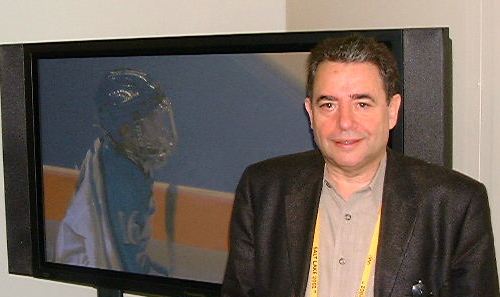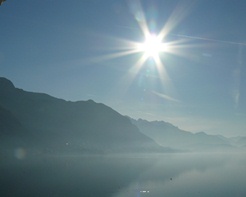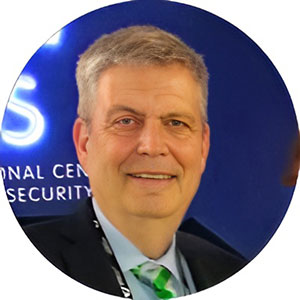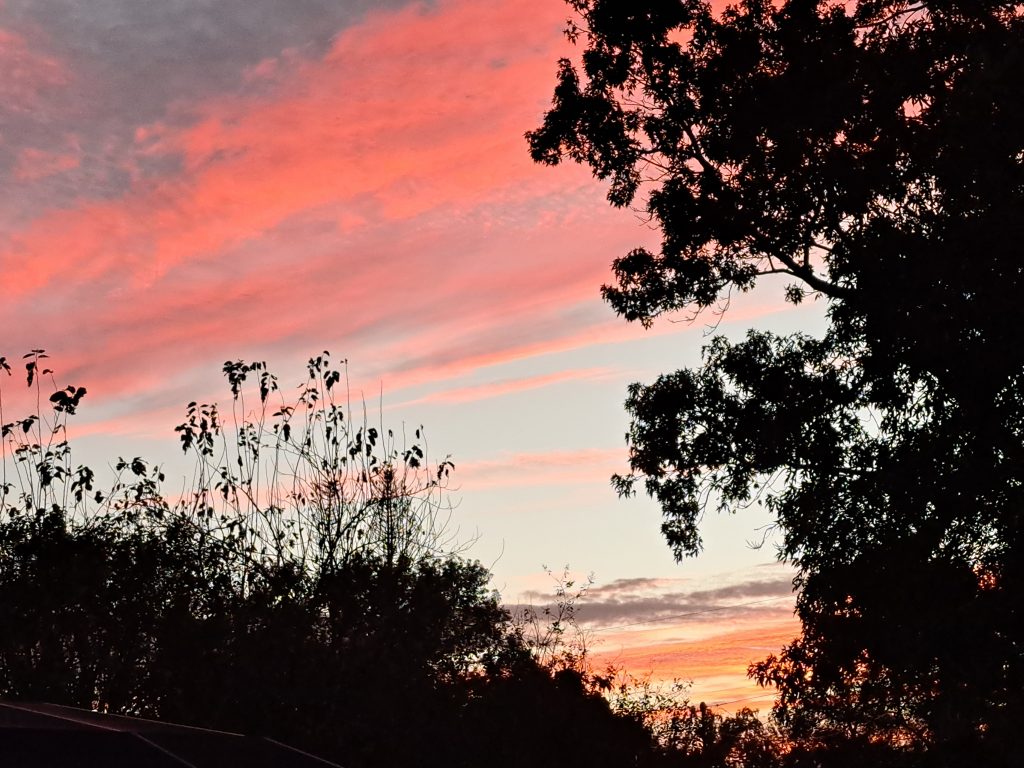The Hula Report: A Remembrance for Manolo Romero
Manolo Romero changed the Olympics. As much as one person can influence a juggernaut such as the Olympics, the Spanish genius of television made possible the extraordinary visual experience that the Games are today.
Romero died Christmas Eve 2022 in Segovia, near Madrid. Cancer the cause. He was 81. Family was with him, wife and daughter, both named Ursula.
Fresh out of the University of Madrid, he started working with Spanish TV network RTE in 1965. His first Olympics was Mexico City in 1968 and he would continue an unbroken string of Summer and Winter Olympics through 2012.
He saw firsts for Olympic TV. Instant replay. Digital cameras. Live coverage of every event. Streaming. HD TV. Close ups and camera angles never seen before.
In a 1991 interview with this writer in Barcelona, Romero said the Olympics are now expected to drive the future of sports broadcasting.
He noted the first ever commentator information system being readied for the rights holding broadcasters in Barcelona. Touch screen access to the IBM powered network would provide instant recall of results and athletes to live commentators.
“I’m very proud of this. This is a new generation of information. I think it is a breakthrough,” said Romero. He was right. The CIS is as integral to the host broadcast signal as audio and video. Limited in Barcelona, the CIS of today delivers a torrent of real time Games data to broadcasters.
The Los Angeles 1984 Games were the first where he was leader of the whole host broadcast operation. The natural choice for the same in Barcelona for 1992, Atlanta dovetailed Romero to pilot host broadcasting for 1996.
At the time, the host broadcaster was a task organized and funded by the organizing committee, leading each new Olympic city needing to assemble the resources to cover every session of every sport.
Watching this never-ending replay of technology and economic challenges, Romero became a key advocate of an IOC takeover of host broadcasting. Instead of a new team for each Olympics, Romero proposed a permanent cadre of experienced professionals. With IOC backing, he formed International Sports Broadcasting to do just that.
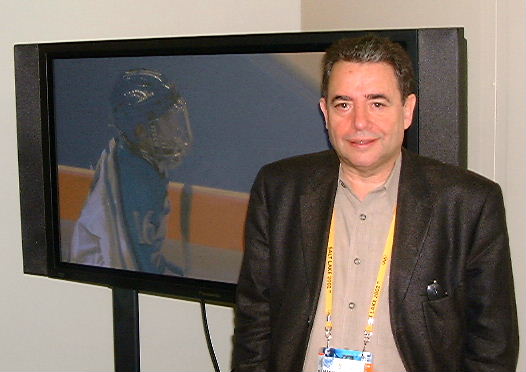
In 2001, the IOC contracted with Romero’s ISB to deliver turnkey broadcast services through 2012. After London, a wholly-owned IOC company took over, Olympic Broadcasting Services. OBS remained based in Madrid, now led by Romero protégé Yiannis Exarchos.
To call the voluble Greek a protégé of Romero might be an understatement. Exarchos came to host broadcasting from years of experience in sports TV for ERT in Greece. The coming of the Olympics to Athens made him Romero’s choice to help lead the host broadcast team.
“His mentorship and leadership were instrumental in my life and his wisdom and work ethic transcended our work together. The legacy of his guidance still resonates with me every single day of my professional life. Words can’t begin to express how much I will miss him. There was no greater champion of the Olympic movement, nor anyone whose impact was greater on the world being able to come together and unite through the power of sport,” said Exarchos last month.
Hank Levine, who served as ISB CEO for 10+ years described how Romero influenced his career.
“As you know, he was a transformational person and an icon in the world of sports broadcasting who became larger than life and we all must celebrate him. All of us who have been around him have benefited from his contributions and his demanding nature for excellence.
“We all know that Manolo had an infectious amount of energy which was matched by his brilliance that has forever changed the sports broadcasting world! We have lost a driving force in our professional and personal lives but his legacy will carry on because his legacy is so impactful, so strong and so positive. I was one of the fortunate people to witness his brilliance and passion firsthand and I will always be grateful for this time and the opportunity,” Levine wrote in the days after Romero’s death Dec. 25.
While Romero retired from Olympic duty in 2012, he remained active in sport broadcasting. ISB, the firm he founded in the 1990s, took over the host broadcasting for the 2015 European Games in Baku.
The company also handled the host broadcast of the 2022 World Games in Birmingham, Alabama. Although Manolo Romero was involved in all of these projects, daughter Ursula has worked with him through these years as the ultimate protégé. She now leads ISB as its managing director.
Manolo Romero was inducted into the Sports Broadcasting Hall of Fame in 2022. Unable to travel, Ursula accepted on his behalf at the New York ceremony. She called him “the most incredible father anyone could have wished for”.
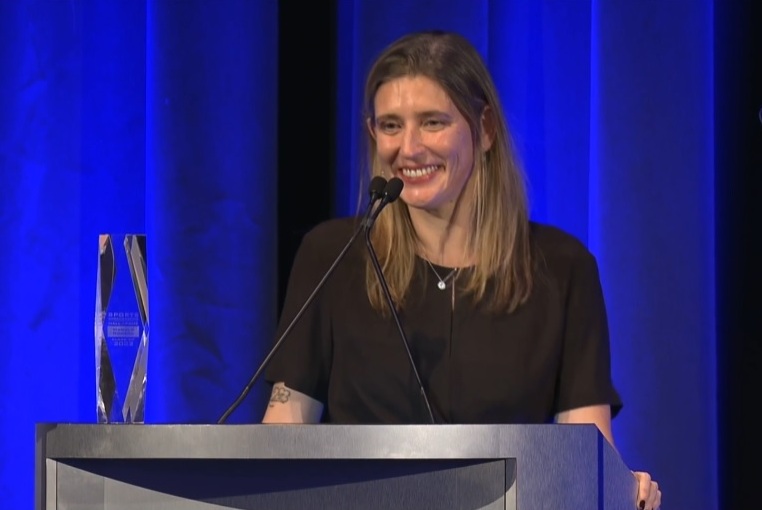
Tributes from colleagues are many. OBS compiled a number of them, some excerpted for this article.
“Manolo was a legend and a pioneer in the sports broadcasting industry. His legacy on Games coverage will live on not only in the cutting-edge techniques and innovations he introduced to broadcasting, but also through the thousands of broadcast professionals he mentored and influenced over the course of his more than 50 years of career in the sector,” said IOC President Thomas Bach in a statement from Lausanne.
Manolo, rest in peace, amigo,” writes Gerardo Werthein, IOC member in Argentina and chair of OBS.
“A pioneer and iconic figure within the broadcast industry, where his vast experience and career spanned several decades, Manolo’s vision and remarkable leadership helped in getting us where we are today,” says Werthein.
Fellow Spaniard Juan Antonio Samaranch is an IOC vp and chair of OBS Spain:
“It has been so sudden that it will take us all to realize the great space that you have always occupied for so many people, inside and outside the Olympic world.…
“Those of us who have had the privilege of knowing you, personally or professionally, have learned a lot, both from your ingenuity in creating new ways of working and producing large and complex events, and from your ability and willingness to educate generations of professionals who, today they are still the best at what they do.
“Your Ursulas, wife and daughter, generously shared you with the entire Olympic Movement and have even followed in your footsteps with great success. They will carry on your legacy.
“Now we have to move on, always keeping in mind what we learned from you. The best acknowledgment we can give you at this time of saying goodbye is to work hard and honor your memory. So we’ll only be showing the ads on the website on the dates specified? Want to make sure we put this in the system correctly as it takes some time to setup and would like to do it correctly the first time.
So we’ll only be showing the ads on the website on the dates specified? Want to make sure we put this in the system correctly as it takes some time to setup and would like to do it correctly the first time. “We miss you already, dear Manolo. What a great feeling of emptiness!”
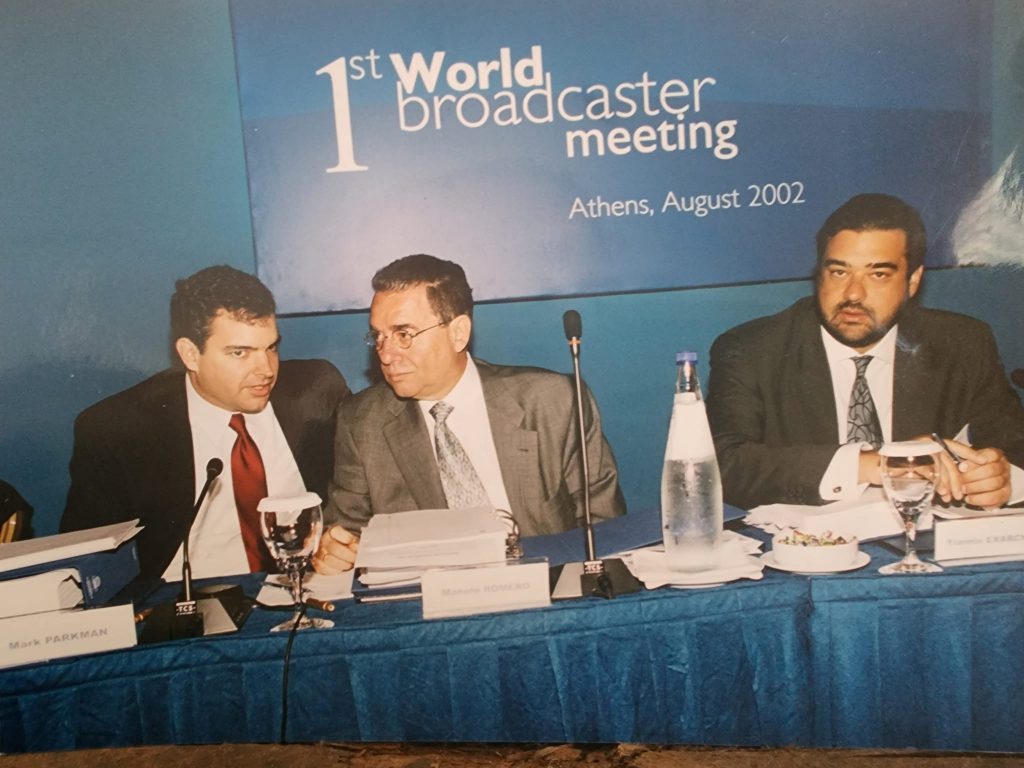
Mark Parkman stepped down in 2022 from his long career at the side of Romero and then leading OBS and the Olympic Channel:
“How many people have the honor of being able to work along side a worldwide legend? I was a lucky and fortunate person. Manolo was my professional Father and the impact that he had on me is greater than words can describe. There will never be another person who brought so much passion and excellence to his mission than Manolo. His recent induction into the Sports Broadcasting Hall of Fame allowed us to reflect upon his greatness and to realize that we were even luckier to have worked by his side.”
Gary Zenkel of NBC is one whose Olympic career across two decades was also shaped by Romero’s work:
“Manolo was a true trailblazer who set a global standard for sports broadcasting matched only by the importance of the event he documented for close to thirty years. In addition to his uncanny ability to organize and deliver the incredibly complex Olympic host broadcast, he was an extraordinary partner and friend to NBC and the rights holding broadcasters. His influence on sports broadcasting continued to be felt after his retirement and will endure for decades to come. We are all grateful beneficiaries of his prodigious talents and of his friendship.”
Zenkel is President of NBC Olympics and Business for the NBC Sports Group.
Fernando Pardo worked with Romero in Spanish TV and with the EBU Olympics team for his entire professional career.
“In all these years we were not, in all the occasions, in agreement, as our professional points of view were sometimes different, but these differences never marred our personal relations.
“Manolo was a genius and the spearhead in organizing and making possible the most difficult tasks in the covering of big sporting events. He created great teams that were able to bring the sports TV´s coverage to state of the art pieces. He was also the broadcaster who, from Barcelona 1992 onward, brought TV sports production to the quality and grandeur that nowadays is considered “normal.” Only few people know how many years of effort, professional skills, leadership and hard, hard work, have gone into implementing it. Manolo was the number ONE. I personally think that with his loss, an era of great broadcasters is gone. Descanse en paz.”
Vili Nedialkova is another lifelong colleague of Romero as leader of the broadcast team from German ARD/ZDF:
“Manolo accompanied me during almost all my professional life, since 1978. He was my mentor, my idol, I learned so much from him – complexity and flexibility, deep knowledge in all fields of broadcasting, integration of teams from all over the world, different nationalities, languages, cultures and religions to fulfill ONE common goal – excellent and innovative broadcasting!!!!! His work and personality will not be forgotten. With my IOC Golden Rings and SVG Europe awards I am giving something back to him and many people will follow his legacy in the future.”
Dave Gordon of the BBC worked with Romero since 1992:”Manolo was not only the real pioneer and the great innovator behind the development of Olympic broadcasting coverage but also a great friend and enabler to rights holding broadcasters such as the BBC. He always shared our ambitions and was tireless in working with us to deliver great programmes for our audiences. His collaborative and inspirational approach encouraged us to use the latest technologies and OBS under his leadership became a powerhouse to meet all our needs and ensured we were in safe hands.
“All of us at BBC Sport, and myself in particular as team leader, will never forget his friendship, help and support as our plans for the 2012 Olympics took shape from the moment London was awarded the Games in 2005 through to the Closing Ceremony in 2012. He worked alongside us, helping us to overcome any problems or issues. As a result, we were able to achieve a level and standard of Olympic sports programming in the UK that had not been seen before. He deserves a significant portion of the many plaudits the BBC received.”
Reported by Ed Hula edhula@hulasportcommunications.com

